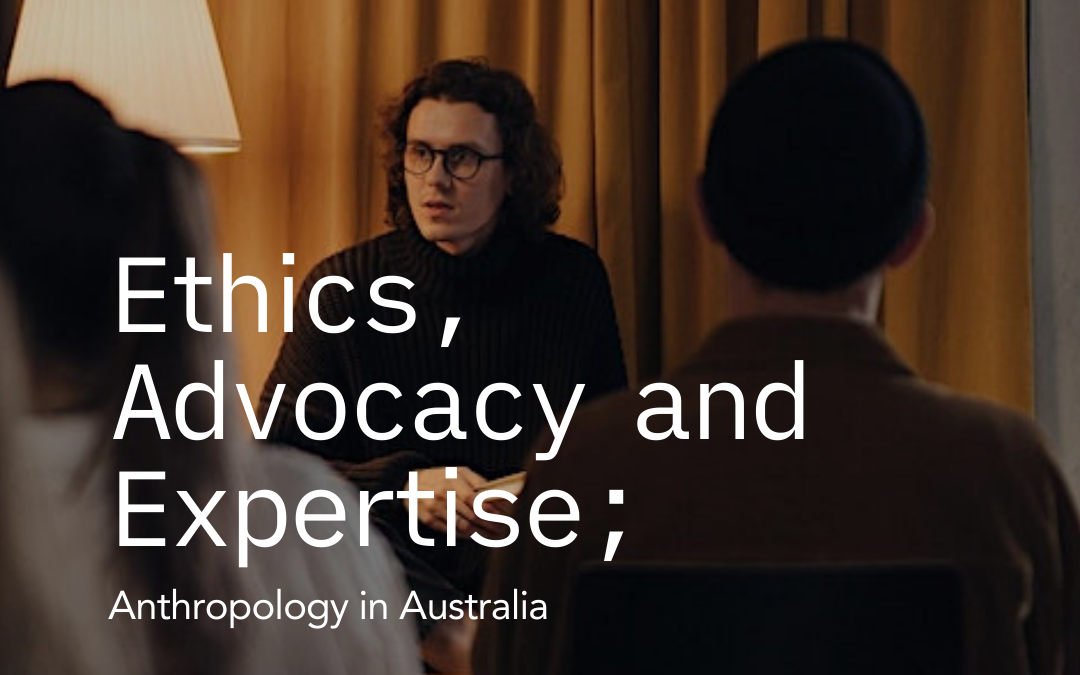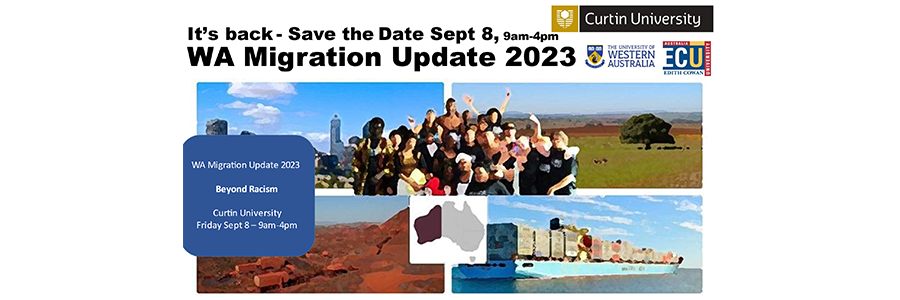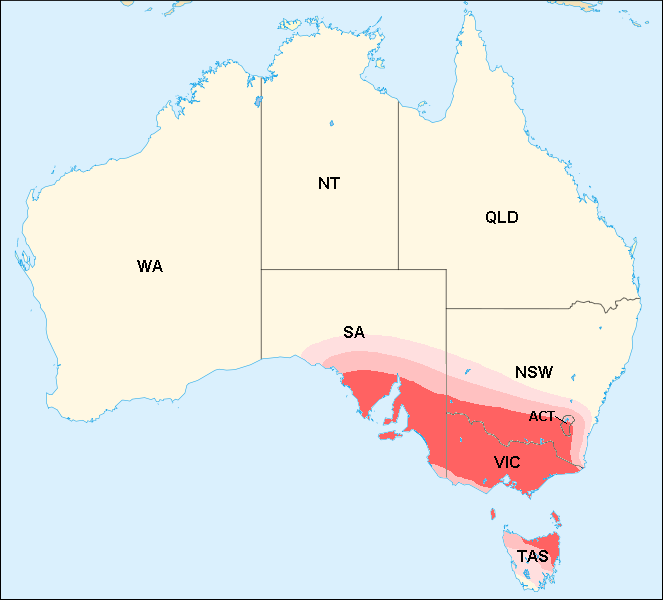With a passion to work more collaboratively, Anthroprospective and the Centre for Native Title Anthropology are teaming up to host two engaging events this September during Social Science Week in Melbourne as a way of encouraging social science academics to engage in...



